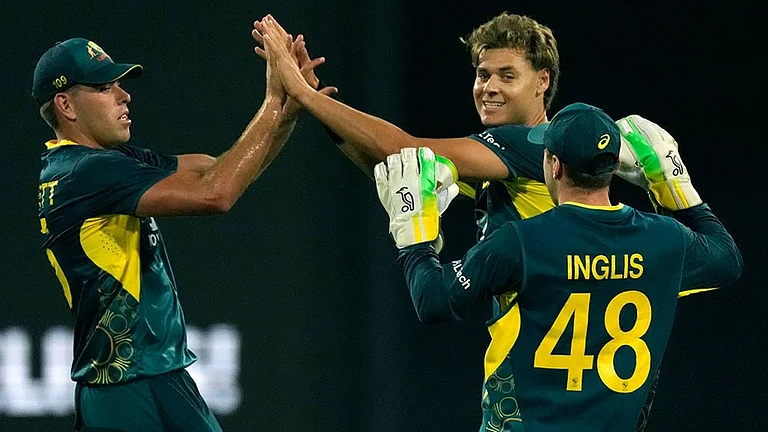While assuming the one-month presidency of United Nations Security Council (UNSC) for one month, India clarified that it doesn’t need others’ advice on democracy. Ambassador Ruchira Kamboj, India’s permanent representative to the UN during her briefing to the press on the schedule of December said that India is a very old civilisation where democracy survived for long and so “we don't need to be told what to do on democracy”.
Kamboj was responding to a question on democracy and freedom of press in India. Notably, as per the reports of ‘Reporters without Borders’ in world press freedom index (WPFI) India ranks 150 among 180 countries.
However, evoking the 2500 years’ old civilisational trope, Kamboj said, “India is perhaps the most ancient civilization in the world as all of you know. In India, democracy had roots going back to 2500 years, we were always a democracy. Coming down to very recent times, we have all the pillars of democracy that are intact - legislature, executive, judiciary and the fourth estate, the press. And a very vibrant social media. So, the country is the world's largest democracy.”
She also upheld the successful electoral practice in India as evidence of its democratic nature and said, “Every five years we conduct the world's largest democratic exercise. Everyone is free to say as they wish and please and that is how our country functions. It's rapidly reforming, transforming and changing. And the trajectory has been very impressive. And I don't have to say this, you don't have to listen to me. Others are saying this.”
The reports of the V-Dem institute that ranks the state of democracy globally in 2021 classified India as an ‘electoral autocracy’. In its 2022 reports, it also enlisted India among the top 10 countries that have been showing autocratic nature.
On December 1, India took over the UNSC’s one month presidency for the second time since it got elected as the non-permanent member of the body for two years. Earlier, it took over the presidency in August, 2021. During its tenure, India will organise two key programmes – one on reformed multilateralism scheduled on December 14 and the other on counter terrorism on December 15. Both the programmes will be chaired by External Affairs Minister S Jaishankar.
The programme on multilateral orientation will also be attended by UN general secretary Antonio Guterres and UN General Assembly president Csaba Korosi. There will be at least two meetings on Ukraine.


























